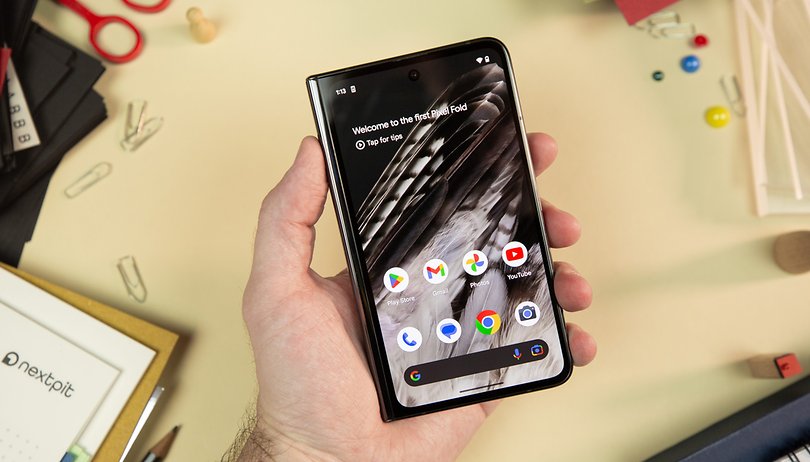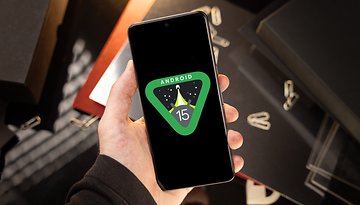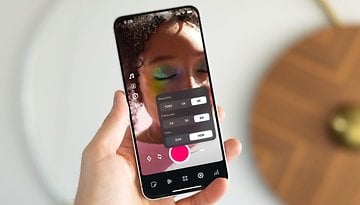Google's Security-boosting Program lets Users Join using Passkeys


Since Google added passkey support to its Google Accounts users last year, it also expanded the digital tool to more mediums. Today, Google is making it even easier for high-risk users to enroll in its Advanced Protection Program (APP) by allowing the use of a passkey, adding new options in addition to the use of physical security keys.
- Also read: How do passkeys secure your data?
What is a passkey?
Basically, passkeys are new passwordless technology used when signing in to apps and services across different devices, browsers, and operating systems. Passkeys are more secure and easier alternatives to passwords and provide users the option of authenticating using a device's biometric sensor like fingerprint or face ID without having to type their username or account.
More importantly, passkeys add better safeguards to malicious attacks such as phishing compared to the use of passwords or even two-factor authentication (2FA) while making the overall experience faster.
How to enroll in Google's Advanced Protection Program
As for Google's APP, it is an initiative designed to help high-risk users like journalists, human rights workers, and politicians by adding extra security measures to protect their data and devices during potential attacks.
Before this, it was required to have at least one security key to enroll in the program. This hinders some users from joining the program, especially if they involve areas with no readily available physical security keys. Google announced earlier in May that it plans to make passkeys available to APP users, finally ditching one of the roadblocks of the program.
At the moment, interested users can enroll by going to Google's APP website, where they will be given the option to sign up using a passkey or security key, or a combination of both. At the same time, using a passkey when joining requires you to input recovery methods such as a phone number or email.
The program also supports a wide variety of devices and ecosystems. These include smartphones running on Android 9.0 or newer or iPhone on iOS 16 or newer. Likewise, it is available to desktops and laptops that run on Windows 10 or newer or macOS Ventura or newer.
What are your thoughts on passkeys? Do you think passkeys should be required in more apps and services? Let us hear your opinion.
Source: Google Blog



















